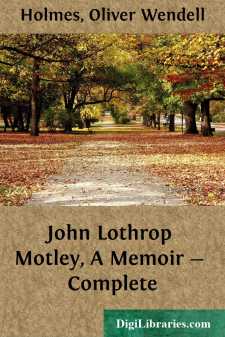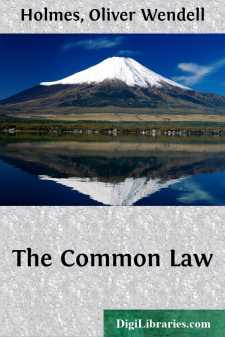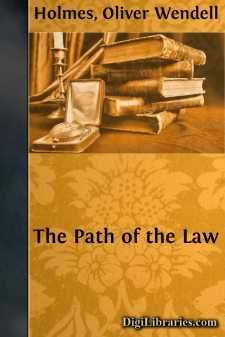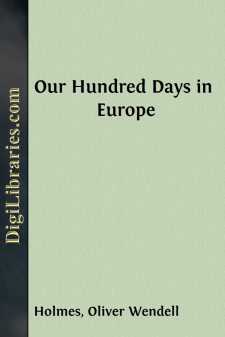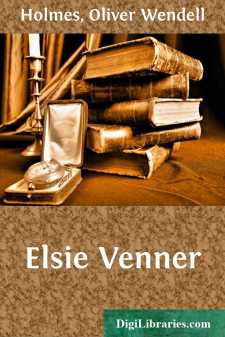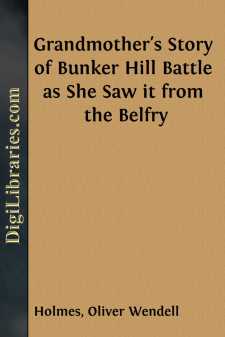Categories
- Antiques & Collectibles 13
- Architecture 36
- Art 48
- Bibles 22
- Biography & Autobiography 813
- Body, Mind & Spirit 142
- Business & Economics 28
- Children's Books 17
- Children's Fiction 14
- Computers 4
- Cooking 94
- Crafts & Hobbies 4
- Drama 346
- Education 46
- Family & Relationships 57
- Fiction 11829
- Games 19
- Gardening 17
- Health & Fitness 34
- History 1377
- House & Home 1
- Humor 147
- Juvenile Fiction 1873
- Juvenile Nonfiction 202
- Language Arts & Disciplines 88
- Law 16
- Literary Collections 686
- Literary Criticism 179
- Mathematics 13
- Medical 41
- Music 40
- Nature 179
- Non-Classifiable 1768
- Performing Arts 7
- Periodicals 1453
- Philosophy 64
- Photography 2
- Poetry 896
- Political Science 203
- Psychology 42
- Reference 154
- Religion 513
- Science 126
- Self-Help 84
- Social Science 81
- Sports & Recreation 34
- Study Aids 3
- Technology & Engineering 59
- Transportation 23
- Travel 463
- True Crime 29
John Lothrop Motley, A Memoir - Complete
Categories:
Description:
Excerpt
John Motley, the great-grandfather of the subject of this Memoir, came in the earlier part of the last century from Belfast in Ireland to Falmouth, now Portland, in the District, now the State of Maine. He was twice married, and had ten children, four of the first marriage and six of the last. Thomas, the youngest son by his first wife, married Emma, a daughter of John Wait, the first Sheriff of Cumberland County under the government of the United States. Two of their seven sons, Thomas and Edward, removed from Portland to Boston in 1802 and established themselves as partners in commercial business, continuing united and prosperous for nearly half a century before the firm was dissolved.
The earlier records of New England have preserved the memory of an incident which deserves mention as showing how the historian's life was saved by a quickwitted handmaid, more than a hundred years before he was born. On the 29th of August, 1708, the French and Indians from Canada made an attack upon the town of Haverhill, in Massachusetts. Thirty or forty persons were slaughtered, and many others were carried captive into Canada.
The minister of the town, Rev. Benjamin Rolfe, was killed by a bullet through the door of his house. Two of his daughters, Mary, aged thirteen, and Elizabeth, aged nine, were sleeping in a room with the maid-servant, Hagar. When Hagar heard the whoop of the savages she seized the children, ran with them into the cellar, and, after concealing them under two large washtubs, hid herself. The Indians ransacked the cellar, but missed the prey. Elizabeth, the younger of the two girls, grew up and married the Rev. Samuel Checkley, first minister of the "New South" Church, Boston. Her son, Rev. Samuel Checkley, Junior, was minister of the Second Church, and his successor, Rev. John Lothrop, or Lathrop, as it was more commonly spelled, married his daughter. Dr. Lothrop was great-grandson of Rev. John Lothrop, of Scituate, who had been imprisoned in England for nonconformity. The Checkleys were from Preston Capes, in Northamptonshire. The name is probably identical with that of the Chicheles or Chichleys, a well-known Northamptonshire family.
Thomas Motley married Anna, daughter of the Rev. John Lothrop, granddaughter of the Rev. Samuel Checkley, Junior, the two ministers mentioned above, both honored in their day and generation. Eight children were born of this marriage, of whom four are still living.
JOHN LOTHROP MOTLEY, the second of these children, was born in Dorchester, now a part of Boston, Massachusetts, on the 15th of April, 1814. A member of his family gives a most pleasing and interesting picture, from his own recollections and from what his mother told him, of the childhood which was to develop into such rich maturity. The boy was rather delicate in organization, and not much given to outdoor amusements, except skating and swimming, of which last exercise he was very fond in his young days, and in which he excelled. He was a great reader, never idle, but always had a book in his hand,—a volume of poetry or one of the novels of Scott or Cooper. His fondness for plays and declamation is illustrated by the story told by a younger brother, who remembers being wrapped up in a shawl and kept quiet by sweetmeats, while he figured as the dead Caesar, and his brother, the future historian, delivered the speech of Antony over his prostrate body. He was of a most sensitive nature, easily excited, but not tenacious of any irritated feelings, with a quick sense of honor, and the most entirely truthful child, his mother used to say, that she had ever seen. Such are some of the recollections of those who knew him in his earliest years and in the most intimate relations....


